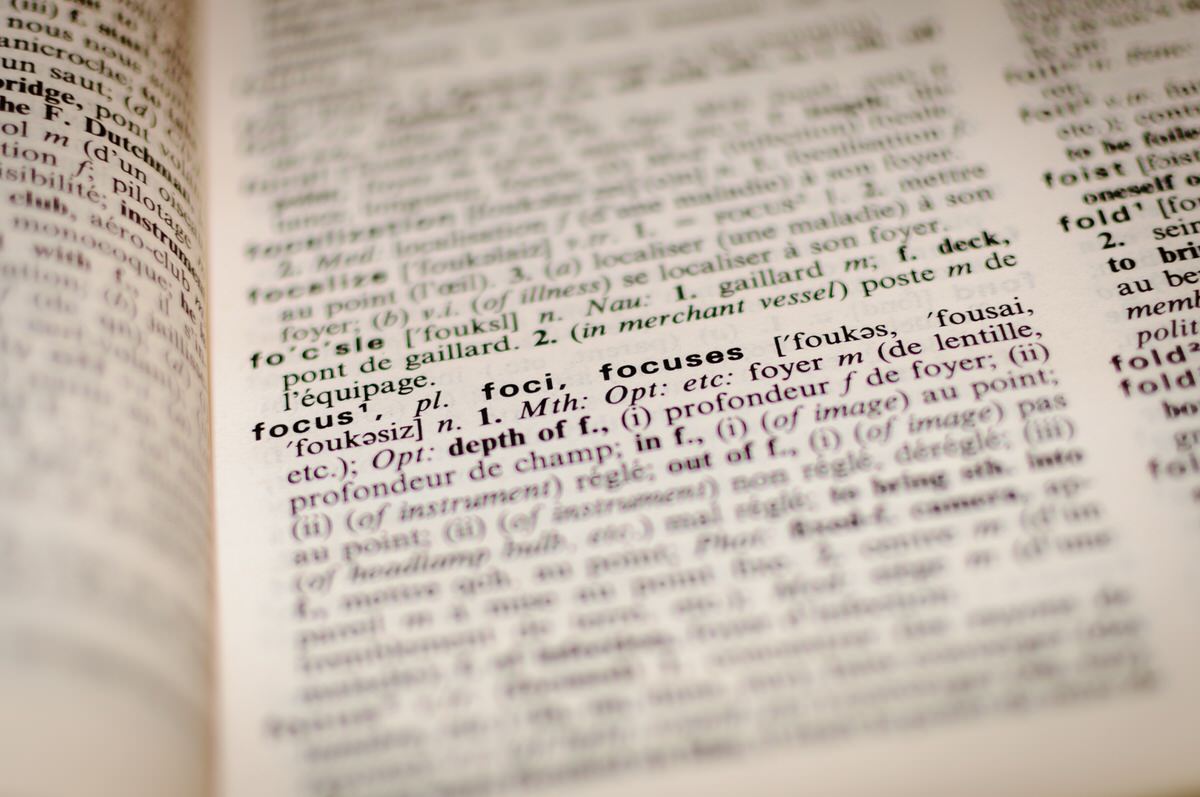[exif id="26449"]
How can I incorporate this into my photography?
Wilson and Sperber conclude that human language developed and became so powerful because of two unique cognitive abilities of humans, language and the power to attribute mental states to others. We look for context for the words we hear. And we are very proficient at absorbing this context to infer meaning.Farnam Street
What is Goverment?
We argue over ideology without regard for the fundamental purpose of what the government actually is.
Government is simply the way we order ourselves.
That’s the accepted definition. That’s the historic definition. And living in a democratic republic predicated on maintaining that togetherness while supporting our individual liberty has been our common purpose for over two centuries.Drew Downs
Travel is good for the world.
In times of distress like these, we need to roam, we need to travel, we need to see. We need more love and hope in this world. We need to believe in others and see the beauty in people and the world once again. If we stop traveling, we stop flourishing. We stop accepting people who are different then us and we stop connecting with the world.We need to unite and stay together, because we are always more powerful as a unit. This is true in so many aspects of life. There’s a need for us to choose good over evil.Mersad Donko



